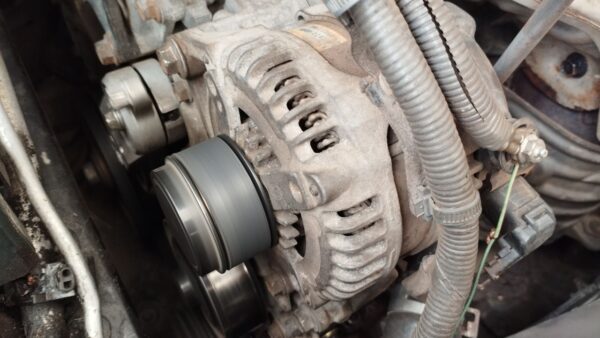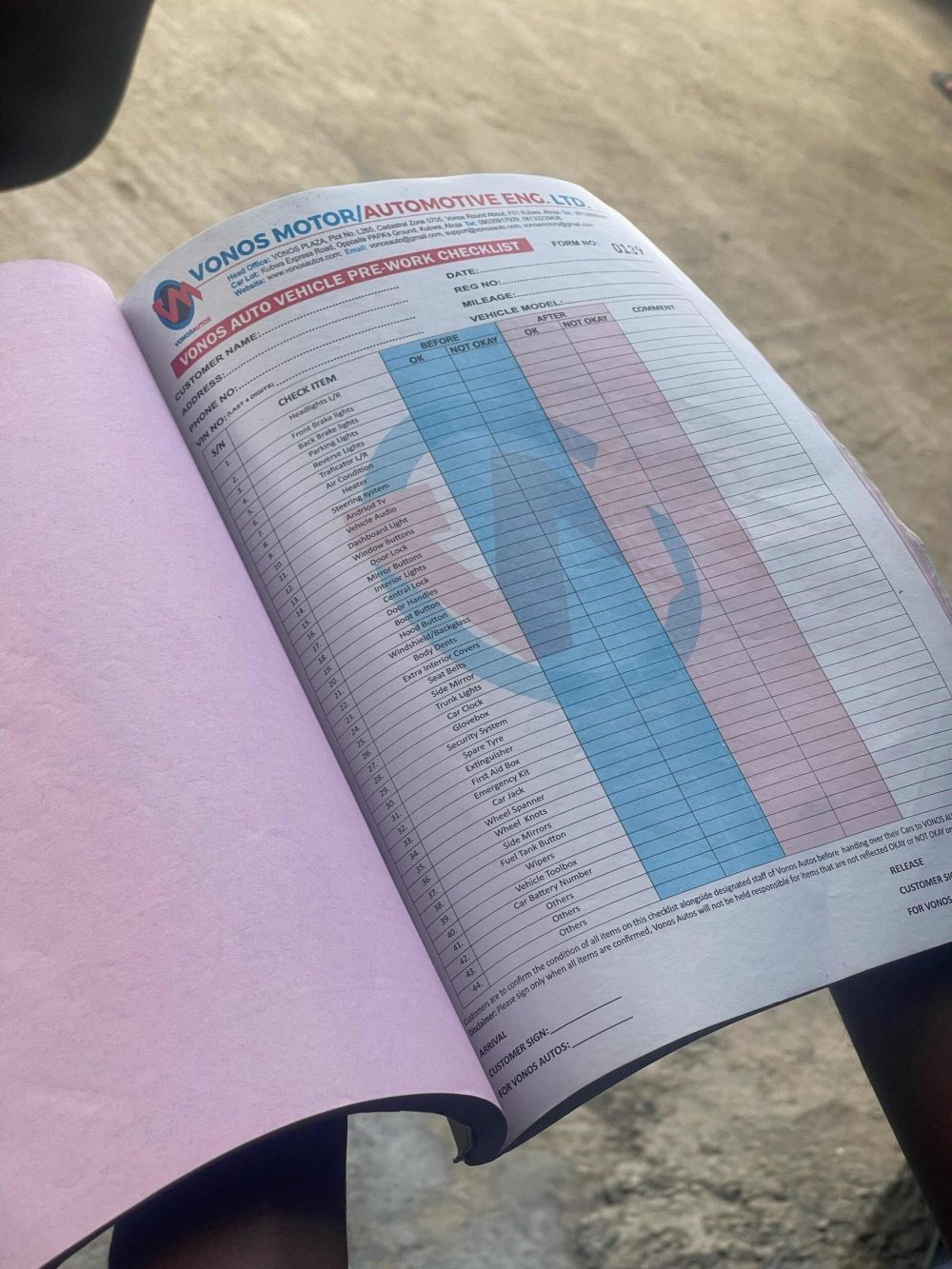HOW SAFE IS THE USE OF LPG (GAS) IN PLACE OF FUEL
Recently, the Government of Nigeria removed fuel subsidies without evaluating the impacts of such on its citizens. Whereas the initiative to remove fuel subsidies would have been considered a good move, the government, however, did not prepare adequately how the impacts of subsidy removal on Nigerians would be ameliorated. While fuel prices at the pump nozzles have substantially gone up above masses affordability, many vehicle owners are now seeking alternatives to cushion the impacts by resolving to substitute fuel with gas.
Albeit natural gas is highly economical and cheaper than fuel, there is however no conclusive research on how the risks involved in the use of natural gas can be reduced, the process Nigerians are undertaking in the application of LPG on their vehicle is more risky than ever imagined. The gas cylinder is placed at the back of the boot (trunk) with a hose connected via the use of valves to the engine combustion compartment. We must understand the following disadvantages before embarking on such deadly risks.
Tank position:
whereas there is no proper design on where the tank/cylinder is to be positioned, the cylinder is presently positioned in the vehicle trunk. This ultimately results in constant vibration which impacts the cylinder valves as the vehicle moves.
Hose/piping integrity:

the current hose being used by most vehicle converters is not design to withstand the heat and vibrations emanating from the vehicle during usage. The tendency that such materials can get damaged and prone to leakages is obvious and we are conversant with what next when such material is defected.
Gas Refilling:
the process of refilling the gas will constantly put pressure on the cylinder mouth valves which can possibly weaken the valve, thereby resulting to leakages.

Valves and joints around the engine compartment:
unlike household cooking gas connections, the joints and valves around the engine compartment are constantly subjected to intense heat. This weakens the joints and valves within such locations. Constant vibration by the car also affects series of valves and joints within such location. The possibility for leakages to cause explosions is very high.
Whilst we have heard of many gas explosions around the country resulting to death and property damage, it is therefore advisable that despite the hike in fuel, proper research has to be done in considering LPG as a substitute for fuel. The current processes of converting fuel vehicles to gas are totally ambiguous and unsustainable at moment.






Very Educative
Excellent